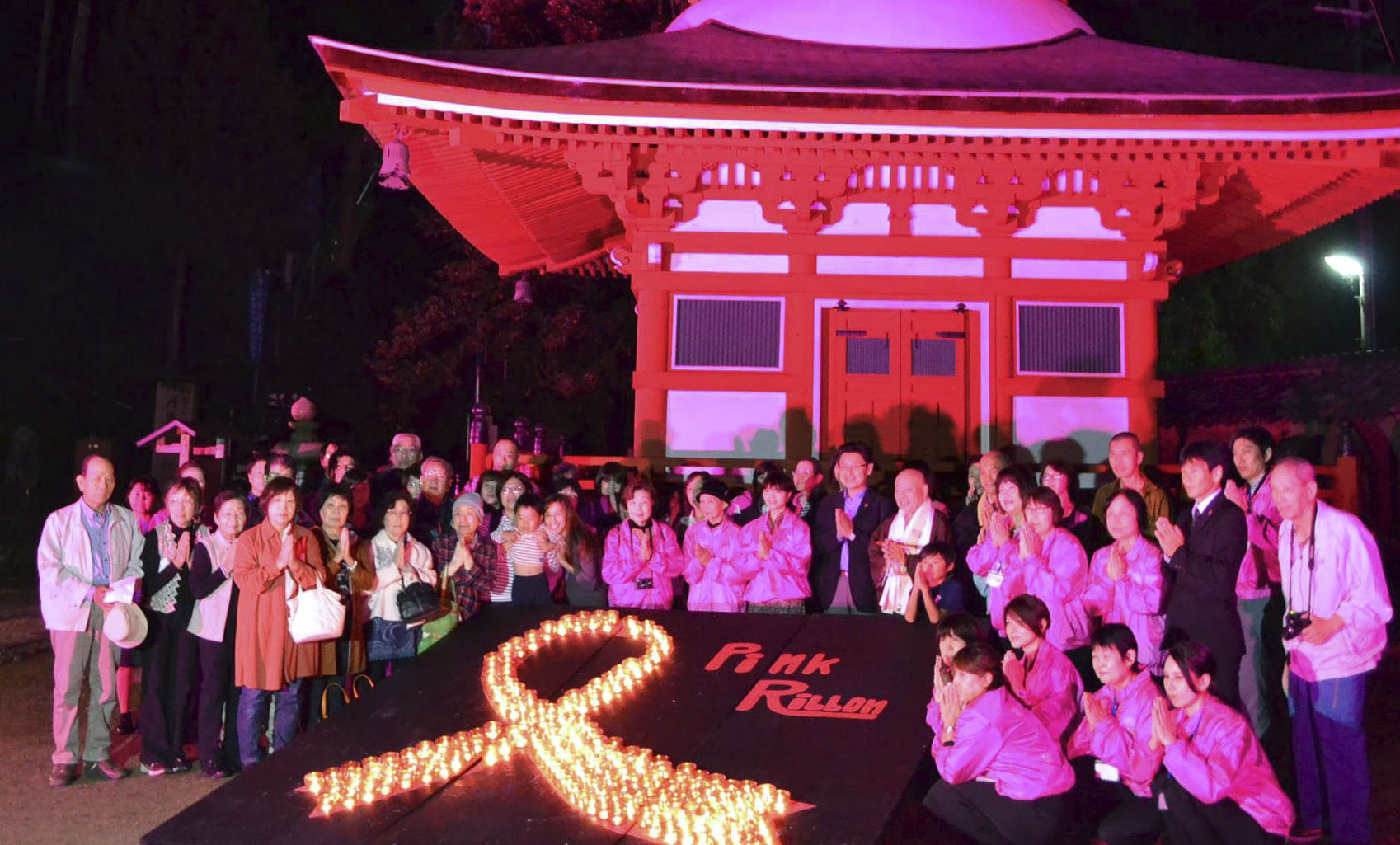The 10-year survival rate for patients who were diagnosed with cancer between 2003 and 2006 stood at 57.2 percent, up 0.8 percentage point from the previous survey, the National Cancer Center Japan said Tuesday.
The rise from the rate for 2002-2005 diagnoses continues a trend of improving life expectancy since the center started collecting data in the late 1990s, aided by improvements in early detection technology and better treatment options such as drugs that target particular cancer cells.
The 10-year survey, carried out for the fifth time, covered some 80,000 patients diagnosed and treated at around 20 hospitals specializing in cancer treatment across the country.
"The outcome showed the survival rate has been rising thanks to the latest research and progress in treatment," said Hiroki Nagase, head of the Chiba Cancer Center Research Institute, who oversaw the survey.
He said the survival rate would continue to rise with the development of new therapies to boost patients' immune system responses, citing cancer genomic medicines, which are based on analysis of the genomic information of patients' cancer cells, and the drug Optivo.
By type of cancer, the 10-year survival rate for prostate cancer was the highest at 97.8 percent, followed by breast cancer at 85.9 percent and thyroid cancer at 84.1 percent.
The worst was pancreatic cancer at 5.3 percent, followed by liver cancer at 15.6 percent and gallbladder or bile duct cancer at 18 percent.
The five-year survival rate for around 143,000 people diagnosed with cancer between 2009 and 2011 was 68.4 percent, up 0.5 percentage point from the previous survey covering those who received their diagnoses between 2008 and 2010.




